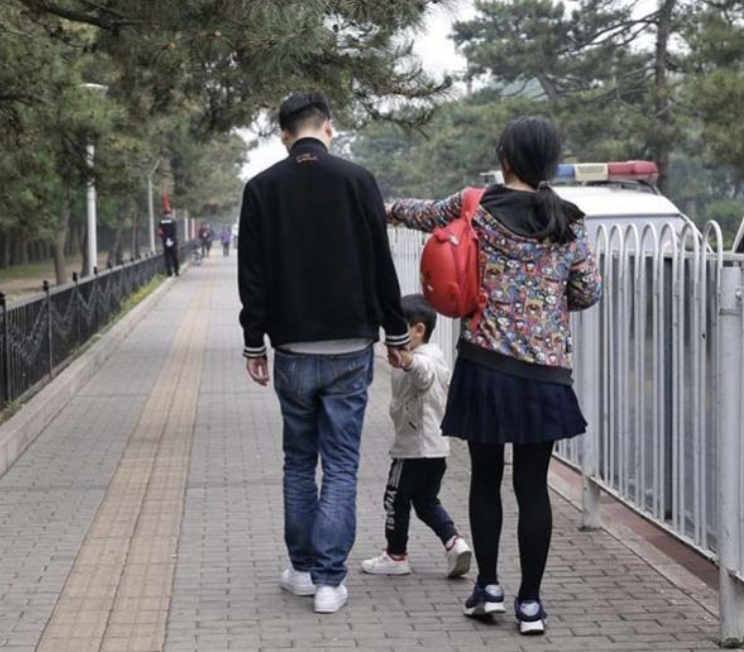"I went public because it's not something to be ashamed of," the 40-year-old Beijing entrepreneur said.
Guo Jia's posts about life after divorce resonated with many women in similar situations. Last year, she founded Mei Club, a service providing legal advice, childcare support, and emotional counseling for single mothers.
Guo's story reflects a shift in China, where many women now view divorce as a fresh start. This contrasts with traditional culture, where the patriarchal family is considered the foundation of society, and women who leave marriages are often labeled as selfish or failures. Men who remarry face less judgment.
Data released by the Ministry of Civil Affairs of China at the end of July shows that in the first half of 2025, divorces increased at a faster rate than marriages compared to the same period in 2024. In six months, there were 1.331 million divorces, a 4.5% increase, and 3.539 million marriages, a 3.2% increase.
Historically, marriage rates have always exceeded divorce rates. However, over the past two decades, marriages in China have decreased while divorces have risen. This gap is narrowing rapidly and is expected to continue.
In mid-July, a woman in her 50s from rural Shandong province gained attention for her stand-up comedy routine. She recounted her three-decade arranged marriage marked by domestic violence and her parents' opposition to her seeking a divorce. Using the stage name "Director Phuong," she brought audiences to both laughter and tears. Her popularity drove ticket prices from 11 USD to 137 USD.
 |
Illustrative photo: ST |
Last year, 60-year-old Su Min from Zhengzhou, Henan province, also received widespread support when she filed for divorce after 38 years of marriage. She became known as "the free-driving auntie" in 2020 after documenting her solo road trip across China to escape her unhappy marriage.
In late 2024, the reality show *See You Again*, featuring three couples contemplating divorce, also garnered attention, generating over 100 trending topics on Weibo. Two of the couples ultimately ended their marriages.
Analysts suggest this growing openness reflects China's rapid modernization, increased individualism, and changing gender norms, weakening the taboo surrounding divorce.
Dr. Zhao Litao from the East Asian Institute at the National University of Singapore believes that migration, urbanization, and economic shifts have led people to prioritize quality of life over simply maintaining a marriage.
He sees this trend as similar to Japan and South Korea, where divorce is becoming less stigmatized, especially in large cities, thanks to media and reality shows. Financial independence also empowers women, particularly in urban areas, to be more open than men about divorce.
Associate Professor Pan Wang at the University of New South Wales (Australia) states that women sharing their divorce experiences on social media is a form of empowerment. It builds support networks and demonstrates a feminist spirit that challenges the notion of divorce as shameful.
"Men are less likely to publicly discuss divorce, often to avoid airing family matters," she said.
However, this openness about divorce has also generated backlash. Lynn, a blogger on the Xiaohongshu platform, is one example. Initially, she shared about moving out and living alone after her divorce, later expanding on the experiences and complexities of the process.
Her candor earned her empathy from women but also attracted malicious comments from men who considered publicizing divorce shameful. "I was cyberbullied, had to block all comments and messages, and stopped posting," she said.
Ngoc Ngan (According to ST)












